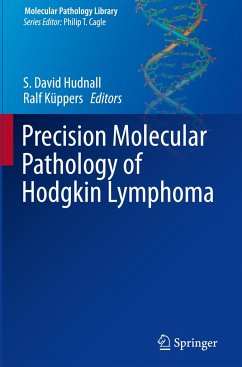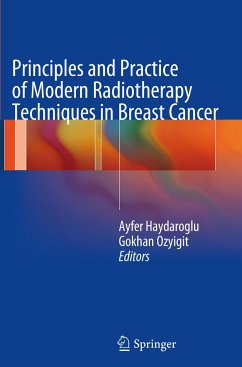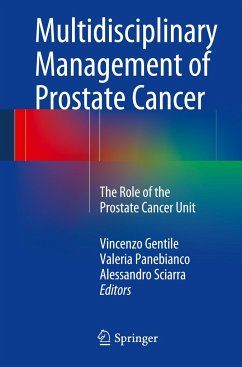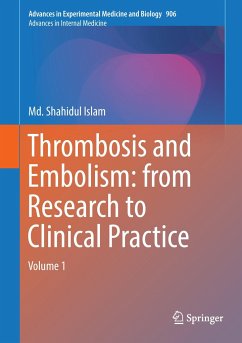Ramon Andrade de Mello, MD, PhD University of Algarve, Portugal Ramon Andrade Bezerra de Mello received the MD degree at the Faculty of Medicine, Federal University of Ceará, Fortaleza, Ceará, Brazil, with MD recognition from University of Lisbon, Portugal, and holds the Certificate in Medical Oncology by passing the European examination of ESMO (European Society for Medical Oncology), Lugano, Switzerland. He completed specialization in medicine and molecular oncology and his PhD in Oncology (lung cancer) at the Faculty of Medicine, University of Porto, Portugal. He also completed a post-doctoral clinical research fellowship in lung cancer clinical trials at the Lung Unit, Royal Marsden NHS Foundation Trust, Chelsea, London, United Kingdom, supported by the ESMO. Currently, he works in the Department of Medical Oncology at the Portuguese Oncology Institute, Porto, Portugal, and he teaches at the Department of Medicine of the University of Porto and School of Medicine, University of Algarve, Faro, Portugal. He is medical director of Oncoclínica/Euroclinics, Porto, Portugal. Prof. de Mello performs both basic and clinical research on angiogenesis, palliative medicine, internal medicine, colorectal cancer and lung cancer; further, he has an active office working. He is editor of 2 books (Tamoxifen Concepts and Cancer: New Paradigms and Vimentin Concepts and Molecular Mechanisms, Nova Science, NY, USA, 2013), author of several scientific articles, chapters and comments on basic and clinical research. He presented more than 50 papers in congresses and conferences in several countries, such as United States, Sweden, Brazil, Portugal and Spain. Furthermore, he serves as editorial board of several reputed scientific journals, such as PLoS ONE, Rare tumors, Oncology Reviews and scientific reviewer of the British Journal of Cancer, Journal of Thoracic Oncology, Annals of Internal Medicine and The Lancet. He participates as expert reviewer of grant applicationsat the University of Coimbra, Portugal, National Science Centre, Kraków, Poland, and the British Lung Foundation, London, UK. Prof. de Mello is an active member of the ESMO Young Oncologist Committee and consultant at Pfizer gastric cancer advisory board. SHORT CV GIANNIS MOUNTZIOS MD, MSc, PhD Dr Giannis Mountzios was born in Larissa, Greece, in 1974. He obtained his medical degree (MD) from the Aristotle University of Thessaloniki in 1998 with a scholarship from the Greek Ministry of Education and graduated from the Hellenic Military Medical Academy the same year. He completed his residency in Internal Medicine at the Airforce General Hospital of Athens and in Medical Oncology at the University of Athens School of Medicine, "Alexandra" University Hospital (Pr. M.A. Dimopoulos). He then obtained a master (MSc) in translational and clinical research in Oncology from the Institut Gustave-Roussy and the University Paris XI (Paris-Sud), France, in 2007 (Pr. Jean-Charles Soria)and became board-specified in Medical Oncology in 2009. In 2010 he obtained his PhD in Medical Oncology from the University of Athens School of Medicine. He is currently working as a consultant Medical Oncologist at the University of Athens School of Medicine. Dr Mountzios has received fellowships from the American Society of Clinical Oncology (Young Investigator award), the European Society for Medical Oncology (Annual Fellowship for Translational Research in 2005, Annual Fellowship for Clinical Research in 2009) and the Hellenic Society for Medical Oncology (HESMO). He is currently the General Secretary of the board of directors of HESMO, former chair of the HESMO young medical oncologists committee and former member of the steering committee of the young medical oncologists of ESMO. SHORT CURRICULUM VITAE Álvaro Tavares Álvaro A. Tavares, born in 1964, obtained his degree in Biochemistry from the University of Lisbon, Portugal. He later obtained a M.Sc. in Molecular Biology from the New University of Lisbon, and a PhD in Biomedical Sciences from the University of Porto, Portugal. He then moved to Scotland where for five years was a Post-doctoral at the Department of Anatomy and Physiology of the University of Dundee. In 1999, having been appointed professor at the Instituto Superior Técnico , Lisbon, he started his own research group at the Gulbenkian Science Institute. In 2009 he moved to the University of Algarve, to the newly formed Department of Biomedical Sciences and Medicine, where he currently directs the Cell Division and Cancer Biology Research Group. In the course of his research career, Álvaro Tavares has studied proteolytic systems in rat liver mitochondria, proteolysis regulation in differentiation in the plant Lupinus albus, genetic regulation and expression in yeast S. cereviseae, and molecular and genetic characterization of genes required for cell proliferation in Drosophila melanogaster. The underlying theme behind thecurrent work of his laboratory is the basic biology of mitotic cell division, in particular the aspects regulating the formation of a bipolar mitotic spindle and the connection between centrosomes and cytokinesis. The ultimate goal is to understand how modifications of these processes contribute to the transformation of normal into cancer cells. These problems are approached through a combination of biochemical, genetic and cytologic techniques, taking advantage of Drosophila melanogaster genetics and human tissue cultured cells.














